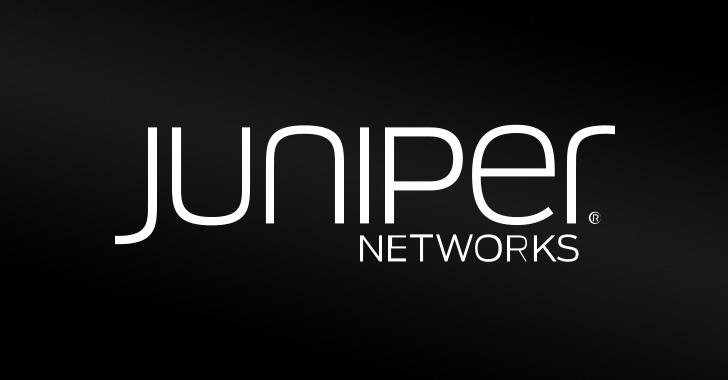Multiple high-severity security flaws have been disclosed as affecting Juniper Networks devices, some of which could be exploited to achieve code execution.
Chief among them is a remote pre-authenticated PHP archive file deserialization vulnerability (CVE-2022-22241, CVSS score: 8.1) in the J-Web component of Junos OS, according to Octagon Networks researcher Paulos Yibelo.
“This vulnerability can be exploited by an unauthenticated remote attacker to get remote phar files deserialized, leading to arbitrary file write, which leads to a remote code execution (RCE),” Yibelo said in a report shared with The Hacker News.
Also identified are five other issues, which are listed as follow –
- CVE-2022-22242 (CVSS score: 6.1) – A pre-authenticated reflected XSS on the error page (“error.php”), allowing a remote adversary to siphon Junos OS admin session and chained with other flaws that require authentication.
- CVE-2022-22243 (CVSS score: 4.3) & CVE-2022-22244 (CVSS score: 5.3) – Two XPATH injection flaws that exploited by a remote authenticated attacker to steal and manipulate Junos OS admin sessions
- CVE-2022-22245 (CVSS score: 4.3) – A path traversal flaw that could permit a remote authenticated attacker to upload PHP files to any arbitrary location, in a manner similar to that of the recently disclosed RARlab UnRAR flaw (CVE-2022-30333), and
- CVE-2022-22246 (CVSS score: 7.5) – A local file inclusion vulnerability that could be weaponized to run untrusted PHP code.
“This [CVE-2022-22246] allows an attacker the ability to include any PHP file stored on the server,” Yibelo noted. “If this vulnerability is exploited alongside the file upload vulnerability, it can lead to remote code execution.”
Users of Juniper Networks firewalls, routers, and switches are recommended to apply the latest software patch available for Junos OS to mitigate aforementioned threats.
“One or more of these issues could lead to unauthorized local file access, cross-site scripting attacks, path injection and traversal, or local file inclusion,” Juniper Networks disclosed in an advisory released on October 12, 2022.
The issues have been addressed in Junos OS versions 19.1R3-S9, 19.2R3-S6, 19.3R3-S7, 19.4R3-S9, 20.1R3-S5, 20.2R3-S5, 20.3R3-S5, 20.4R3-S4, 21.1R3-S2, 21.3R3, 21.4R3, 22.1R2, 22.2R1, and later.

